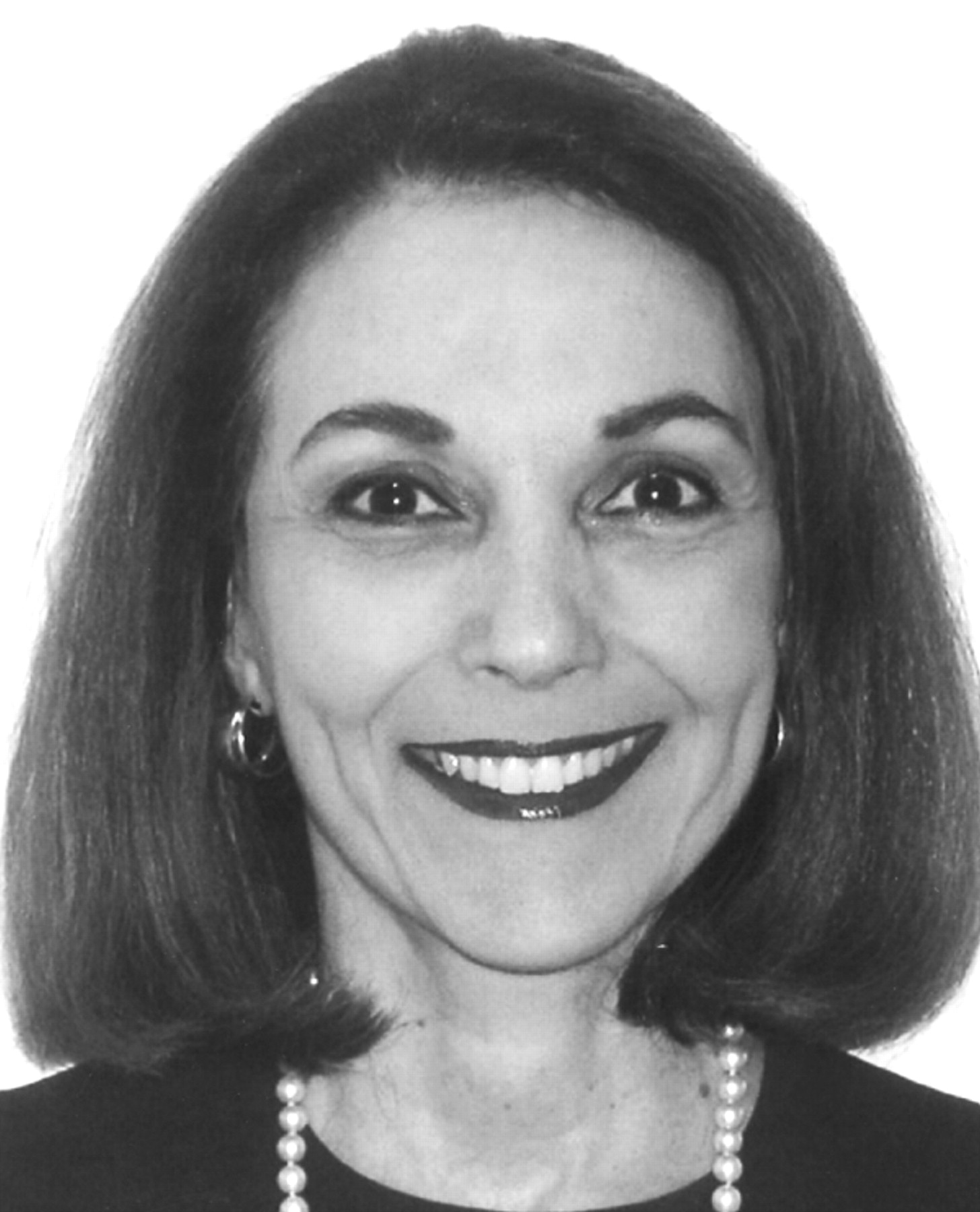Candidates for Vice President

Professor of Psychiatry, Director of Psychiatry & Law Program, University of California, San Francisco, 1999- ♦ Associate Dean, Academic Affairs, 2004- ♦ APA Trustee-at-Large, 2004- ♦ Assembly Area 6 Representative, 2002-04 ♦ President, American Academy Psychiatry & Law, 1997-98 ♦ Chair, APA Committee on Judicial Action, 2000-04 ♦ Chair, APA Council on Psychiatry & Law, 1997-2000 ♦ American Board of Psychiatry & Neurology Forensic Psychiatry Committee, 2001-
It is a great honor for me to be a candidate for the office of APA vice president. My involvement in APA governance began 31 years ago when I was elected to be MIT representative for the Northern California Psychiatric Society. I am currently serving on the Board of Trustees as APA trustee-at-large. I believe that this is a challenging and critical time for psychiatry, and we need strong, hardworking, and experienced leadership. Our patients and our profession continue to suffer from stigma and discrimination. We continue to be assaulted by nonmedical practitioners and managed care companies who devalue the needs of our patients and the expertise gained by our training and education. Confidentiality protections for medical records continue to erode, and access to psychiatric treatment remains limited.
One of my major goals for APA is to obtain full parity for the treatment of mental illness. Although we have made great strides, there continues to be discrimination against people with mental illness in terms of requirements for higher copayments, fewer allowed physician visits, and higher deductibles for treatment for psychiatric disorders compared to other medical illnesses. At the present time, Medicare reimburses only 50 percent of the cost for outpatient mental health services, but reimburses 80 percent of the cost for outpatient services for medical and surgical conditions. Health plans can assign different treatment limitations for mental health services compared to other services. We have to continue convincing legislators and employers that mental illnesses are real and can be successfully diagnosed and treated.
From June to December 2003, I worked in the U.S. Senate as a consultant on health policy. I learned how members of Congress and their staff hear from their constituents and professional organizations about the impact of proposed legislation. In addition to my legislative experience, I am a forensic psychiatrist and former chair of the APA Committee on Judicial Action. Therefore, I also understand how the courts can help facilitate changes that will benefit our patients. We need to use judicial action as well as legislative action to ensure confidentiality of records, fairness in managed care reimbursement, access to care, improved mental health treatment in the correctional system, and elimination of ethnic and racial disparities in health care. My experiences working in Congress and as chair of the Committee on Judicial Action will help me support the efforts of APA in advocacy, litigation, and public affairs. We must continue to educate policymakers and the public about the advances in psychiatry and treatments for mental disorders. We also must continue to advocate for increased research funding so that these advances can continue.
I am a residency training director and have been a senior examiner and steering committee member for the American Board of Psychiatry and Neurology. These positions have given me experience with the educational and training issues that APA must continue to address. We need to encourage more involvement of our young psychiatrists in organized psychiatry. During my tenure as president of the California Psychiatric Association, I organized a conference that was specifically geared to residents and early career psychiatrists. The focus was on advocacy and working with the media. We had legislators, lobbyists, and media representatives give presentations. We need to support this type of project in other state associations, district branches, and nationally.
If elected vice president, I will encourage ongoing efforts to improve diversity in APA leadership. I will ensure that the concerns of all of our members are heard and addressed by the Board of Trustees.
I believe that I have the experience, energy, and knowledge to serve you effectively as vice president. I ask you for your support and your vote.
PRIMARY PROFESSIONAL ACTIVITIES AND SOURCES OF INCOME
PROFESSIONAL ACTIVITIES
| •. | 100%—University of California San Francisco (academic, clinical, and forensic work) | ||||
INCOME
| •. | 100%—University of California academic salary (includes faculty practice with outpatients, inpatients, forensic consultations, and work in dean's office) | ||||



